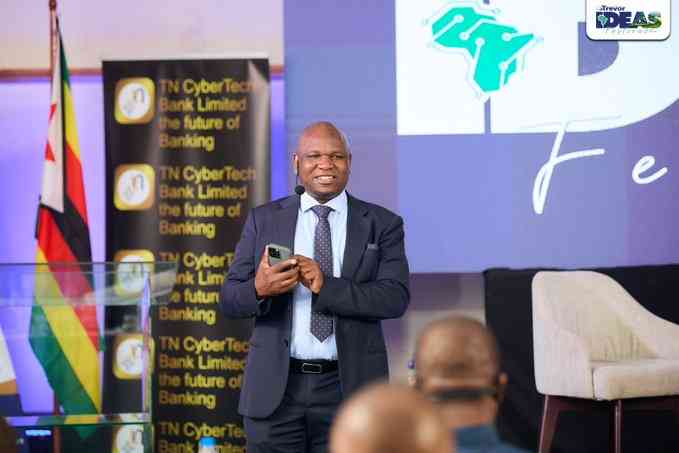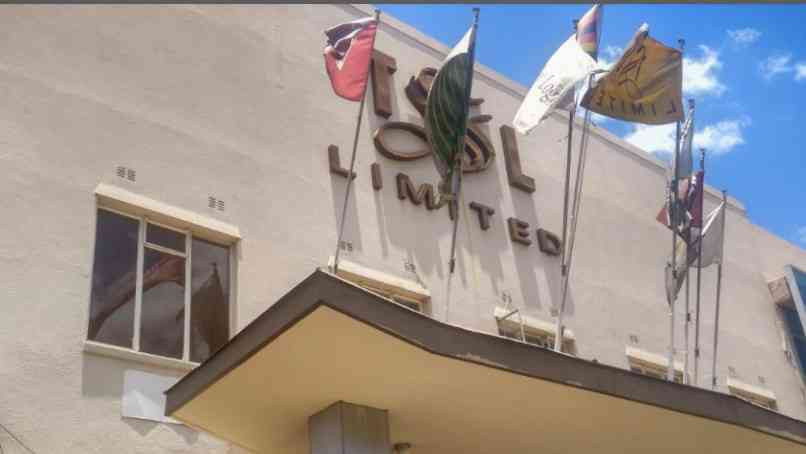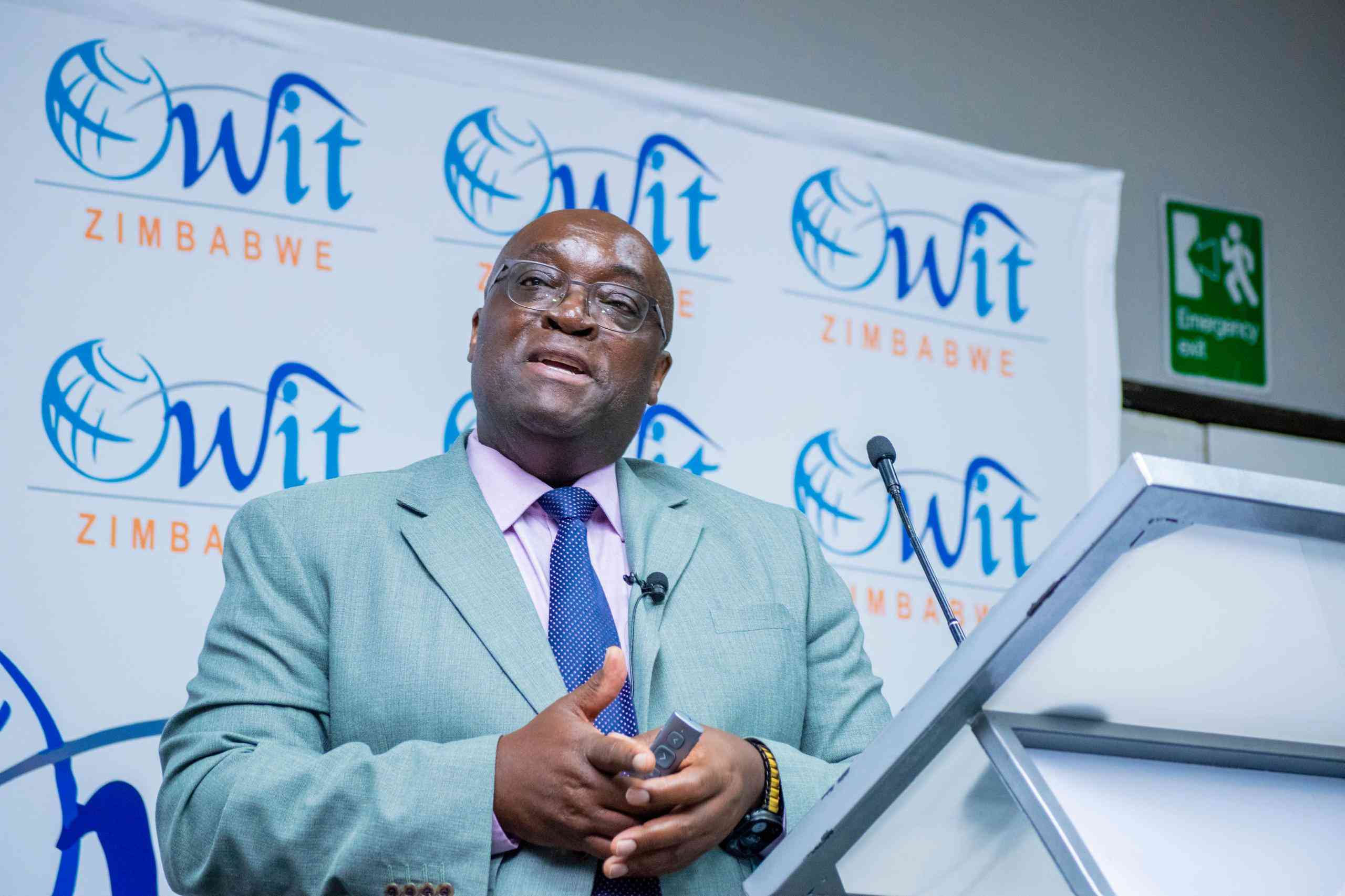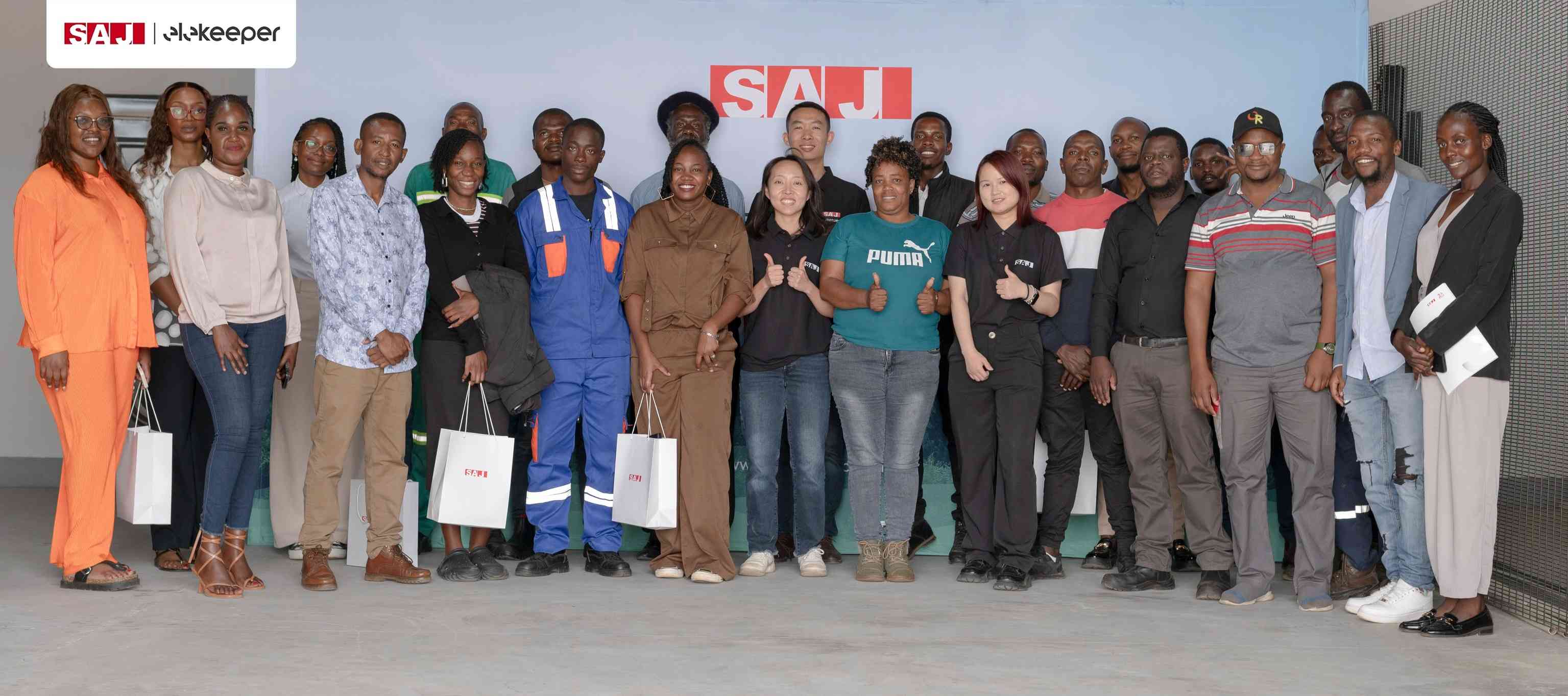
TN CyberTech Bank (TNCB) has sold more than 70 homes under its co-ownership model and plans to roll out over 1 000 affordable stands in Harare South under the same structure, it has emerged.
In September, the bank announced a co-ownership housing scheme that let Zimbabweans—especially those in the diaspora, professionals, and informal workers—buy partial ownership of between 40% and 100% of one of TNCB’s 100 houses in Ruwa priced at US$75 000 each.
According to the deal, buyers would pay a 10% deposit and the balance at an 18% annual interest rate.
Once the deposit is paid, buyers can move in or rent out the home while only paying rent for the portion still owned by the bank, which could also reduce their monthly instalments to the bank.
The title deeds would then reflect each buyer’s undivided ownership share, allowing them to sell, rent, or use their portion as loan security.
This was revealed on the sidelines of the just ended fourth edition of the In Conversation with Trevor Ideas Festival under the theme The Future of Human Capital, Innovation, and Ethics in the Age of AI (artificial intelligence).
At the event, TN CyberTech Investments Holdings Limited (TNCIH) chief executive officer Tawanda Nyambirai told Standardbusiness more than 70 homes had been bought under this arrangement.
“Our intention was to benefit the informal sector, which is the larger part of our economy right now,’ Nyambirai said.
- Zim’s savings rate slumps to 17% of GDP
- Nyambirai in dramatic Steward Bank takeover
- Steward Bank tycoon promises seismic shift
- Nyambirai lays out game plan for Steward Bank
Keep Reading
“So instead of paying rent for 100% of the property, you can say, I want to buy 20% so that I pay rent for 80%, but the 20% is now mine.
“And when you can afford more, you can increase right up to the point when you can buy 100% of the property.
“The Deeds Registry Act allows for co-ownership, a co-ownership where you can own a percentage of a property and I own another percentage, and you can deal as you like with your percentage. That’s called co-ownership.”
“So, we’ll be leveraging the legal system that is already in existence to enable the informal sector to become co-owners with us on identified properties,” Nyambirai added.
TNCIH is the parent company of TNCB.
TNCB has since expanded the initiative by tokenising ownership of the Ruwa properties, transforming the earlier co-ownership housing scheme into a digital asset investment model.
Through tokenisation, each property is represented by digital tokens that can be bought, traded, or used as collateral for borrowing within the bank’s ecosystem.
The company says this structure is designed to be tax-efficient, separating rental income from ownership rights to avoid VAT on residential leases.
“You actually have a title deed in your hand that has got your name, with your percentage,” Nyambirai said.
“So, you can take it to any lending institution that accepts real estate as security and use it, mortgage it, use it as security to mobilise capital.”
The bank also plans to tokenise gold ore from its Arcturus Mine gold dumps.
“I have got more than four million tonnes of ore in the form of a gold dump. That will enable individuals, small investors, to buy a few tokens,” Nyambirai said.
He said these initiatives positioned TNCB as a potential pioneer in Zimbabwe’s emerging neobank sector, targeting diaspora clients, tech-savvy young professionals, and participants in the informal economy.
“We want to be more than a neobank,” Nyambirai said.
“We want to create innovative products that empower our customers to build wealth, access property, and participate in investment opportunities previously reserved for a few.”
The convener of the festival is Alpha Media Holdings (AMH) owner and chairman, Trevor Ncube. AMH is the publisher of the NewsDay, Zimbabwe Independent, and The Standard and owns broadcaster Heart and Soul.
The four-day Ideas Festival brought together some of the country’s visionaries to connect, collaborate, network and inspire each other for the betterment of the Zimbabwe economy.
It covered topics corporate governance and ethics, executive development, travel and tourism and personal growth, among others.











